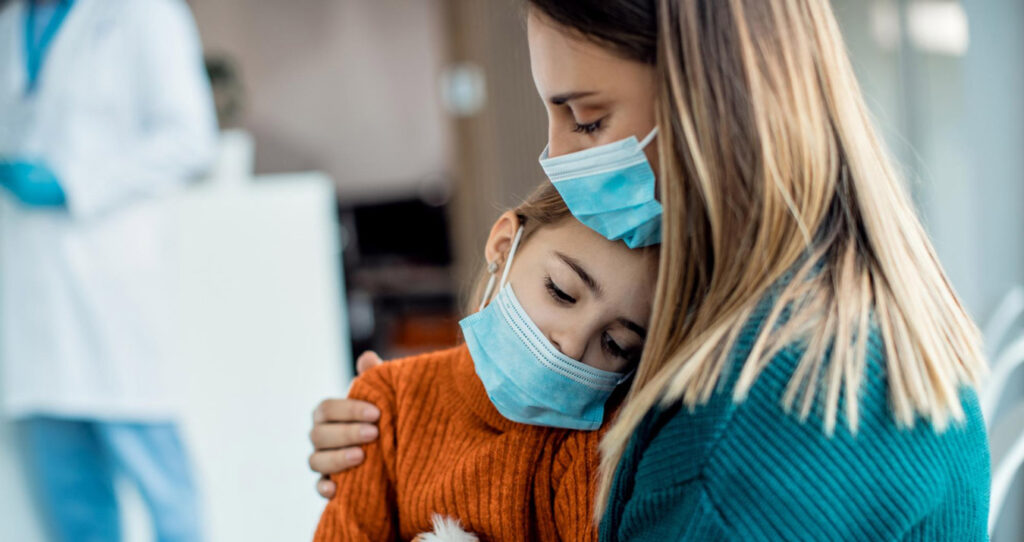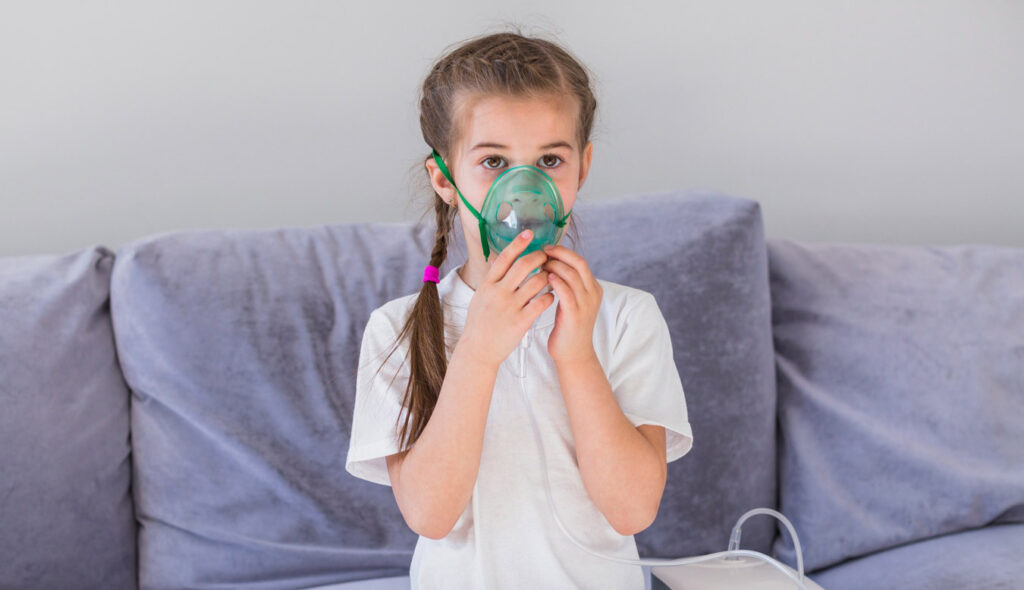Federated Health Charities’ mission is to improve the health and quality of life of all Ontarians by supporting 21 different health charities providing critical services to those experiencing, or affected by, illness. We believe education and prevention are key parts of supporting the health of our communities, so our weekly Health Hint series strives to provide tangible and easy to implement hints and tips on how to maintain your health, prevent disease, and enjoy increased quality of life. Check out our latest Health Hint on the respiratory syncytial virus. If you would like to join our efforts to support the health of Ontario, please consider a donation to Federated Health Charities.
*This article is intended to provide general guidance, not medical advice. The information in this article is based on guidance from the Centre for Disease Control and Mayo Clinic. Always consult your healthcare provider for healthcare guidance specific to your case.
We are in the thick of cold and flu season and this season has struck many families particularly hard due to the high prevalence of RSV. RSV stands for respiratory syncytial virus and is an infection that targets the respiratory tract and lungs. It is predominantly seen in children, with most children being infected before the age of 2 but can also infect adults.
Transmission of RSV
According to the CDC, RSV can spread when:
- An infected person coughs or sneezes and these get in your eyes, nose, or mouth
- You have direct contact with the virus, ex through kissing the face of an infected person
- You touch a surface with the virus on it (ex a doorknob or crib) and then touch your face, the virus can live on hard surfaces for many hours
People infected with the virus are usually contagious for about 3-8 days, although some can continue spreading the virus for as long as 4 weeks.

Onset & Recovery Time of RSV
Research is showing that symptoms tend to appear withing 4-6 days after infection and can last anywhere from 1-2 weeks. In some cases, coughing and wheezing linger even longer.
Symptoms of RSV
Infants may show several of the below symptoms, but some only show moderate irritability and decreased appetite initially. Generally, infants tend to be the most severely affected by RSV, with the symptoms including:
- Irritability
- Decreased appetite and poor feeding
- Cough
- Struggling to breathe
- Short, shallow, rapid breathing
- Lethargy
In older children or adults, RSV present with many similar symptoms, but can also include a few more to watch out for:
- Fever
- Congestion and runny nose
- Dry cough
- Decreased appetite, loss of taste
- Sore throat
- Sneezing
- Headache
- Lethargy
RSV can present like cold or flu like symptoms but can be far more impactful on the respiratory system, particularly for those with existing lung challenges.

Advanced RSV
In some cases, RSV can become severe and require hospitalization. This occurs, primarily, when the virus spreads to the lower respiratory tract and can result in pneumonia or bronchiolitis. This results in swelling and inflammation of the lungs, lessening ability for air to get through. Some signs to watch out for that might indicate that your virus has escalated, and you should seek medical attention, include:
- Ongoing fever
- Severe, prolonged cough and wheezing
- Rapid and difficult breathing, may be amplified when you lie down
- Blue tint to the skin due to lack of oxygen
- Inability to engage in daily functions due to breathing difficulties
Treatment for RSV
There is no specific treatment for RSV, but rather managing of the symptoms that come along with it. Most TRSV infections will clear on their own within a week or two. If your symptoms are still present longer than this, or if you are experiencing any od the symptoms of advanced RSV, be sure to seek medical attention.
We hope you enjoyed our latest Health Hint!










